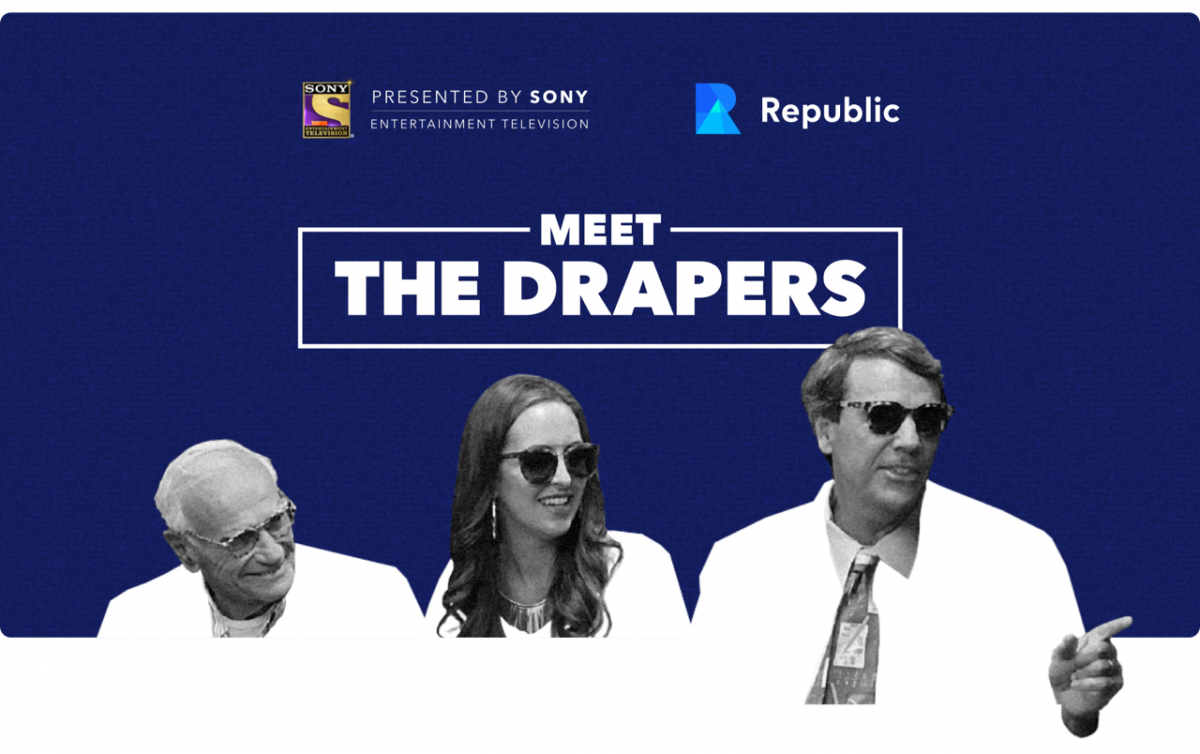The Equity podcast team concludes another eventful week, discussing topics such as real estate, AI agents, gambling, and secondary markets—widely regarded as a legalized form of gambling
Mary Ann Azevedo, Becca Szkutak, and Devin Coldewey began this Friday’s show by agreeing that the X/Twitter ban situation in Brazil might be too confusing to have an opinion on. Let’s cook on that for a while.
Devin started the week’s deals by discussing You.com’s $50 million plan to hire AIs to do more complex jobs that can’t be solved with a Google search.
The company wants to be the best at complicated things involving live search, coding, and understanding natural language. And unlike many of its competitors, some users pay for the service themselves!
As someone who occasionally risks a buck on a game, Becca is interested in DubClub, a new company that says it will organize and certify professional handicappers.
Some people in this group say they can beat the odds but usually do so in a less official way. Is it possible for DubClub to make a good business out of this famous but risky line of work?
It’s always fun to talk about nine-figure deals, and Mary Ann brings up Paylocity’s $325 million purchase of Airbase. However, as she points out, the contract is probably worth even more than that.

Yes, it’s a lot of money, but not compared to what it was worth before, right? We don’t think founder Thejo Kote is crying too much about it.
The real estate agent fee hurts everyone who has bought or tried to buy a house. Just how many percent? A recent court decision overturned an old way of doing business in real estate.
This means that percentage fees might go away soon if Landian has its way. They want pay-on-close and low fees to be the norm. Redfin is not pleased! They’d like us to think they’re not mad either, though.
People are investing in AI so much that they are investing in other AI investors. On the secondary market, Anthropic, OpenAI, and xAI stocks stocks are now selling for an impressive 30% more than they were worth.
That gives people who own shares a lot of freedom, and it might even let smaller buyers ride the hype train.
But, as Devin put it, it makes the whole thing feel like “a beanie baby economy.” That joke is just a “thank you” to the millennials for listening.



